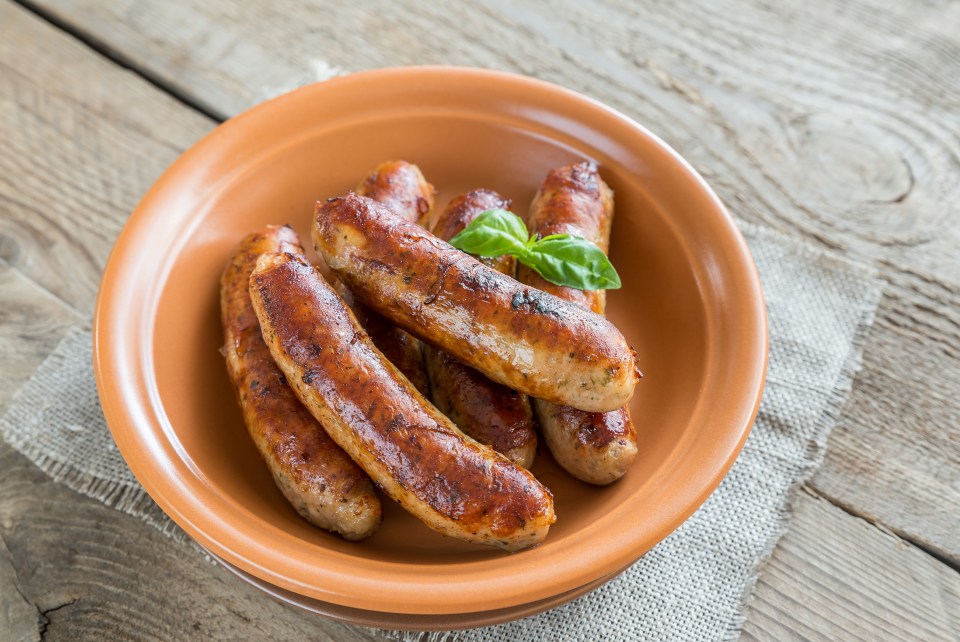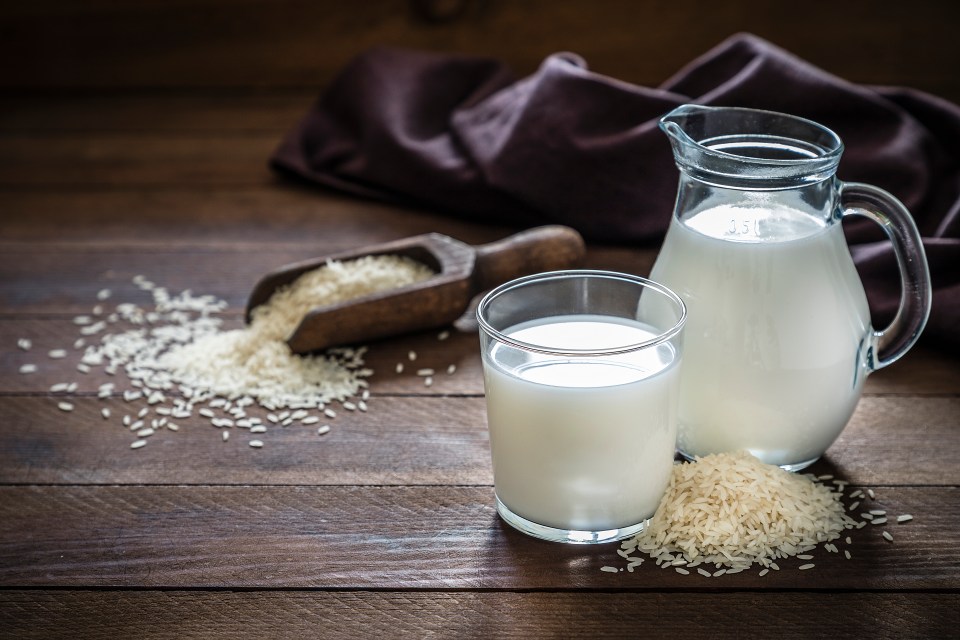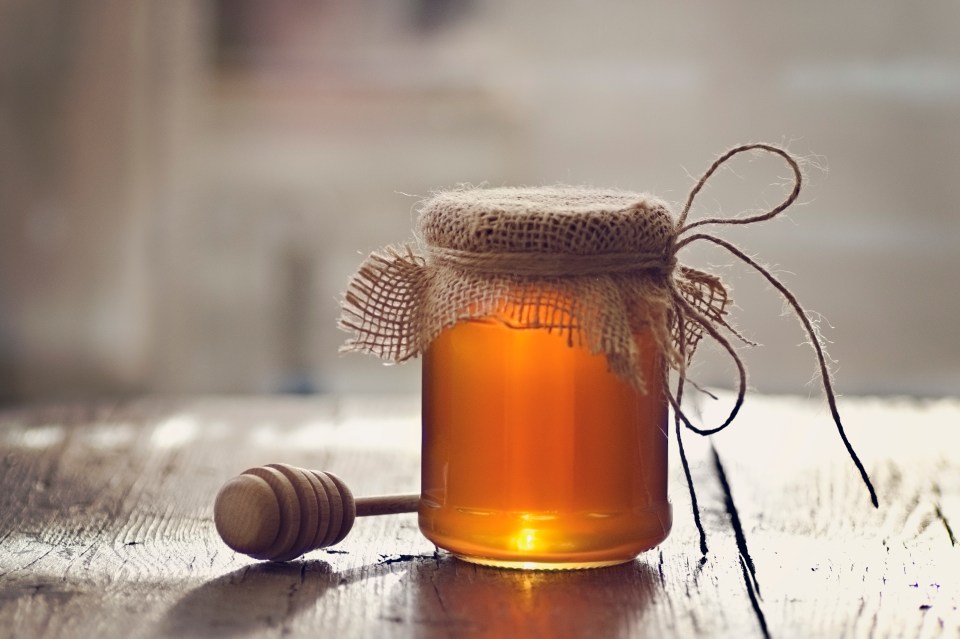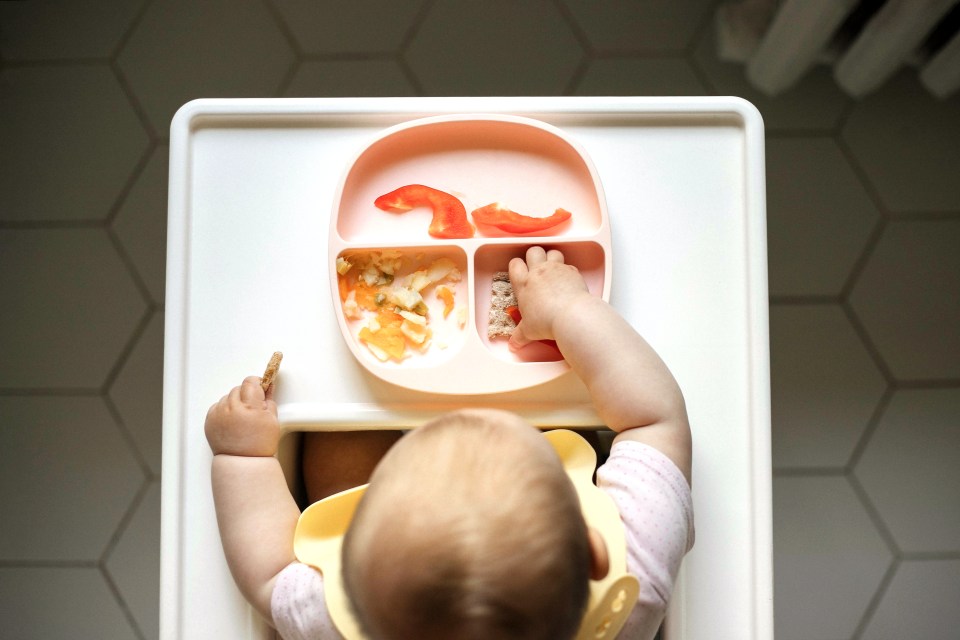Weaning: A Guide for New Parents

Weaning can be one of the most bewildering aspects of parenting, especially for first-time parents. Compounding the confusion are the diverse opinions on how to introduce solid foods to infants. It’s crucial for parents to navigate this phase carefully, as it can significantly affect a child’s eating habits in the long run. Nutritionist and weaning expert Charlotte Stirling-Reed has shared a comprehensive list of nine foods that should be avoided for children under one year of age.
Whether you choose to spoon-feed your baby with pureed or mashed foods or prefer the baby-led weaning (BLW) approach, the advice remains consistent. BLW involves providing whole foods cut into manageable pieces for infants to explore and enjoy independently. Stirling-Reed emphasizes that weaning should be viewed as a journey for your little one. “It’s not about getting it ‘right or wrong’; it’s about experimenting and discovering what works best for your baby,” she explains.
Introducing solid foods is an exciting milestone, but it’s essential to know which foods to avoid to ensure your child’s safety and health. Let’s delve into the main foods to steer clear of when weaning your baby.
Avoid These Foods When Weaning

Salt
First on the list is salt. “Babies do not require salt in their diets, and introducing it too early can lead to a preference for salty flavors,” Stirling-Reed cautions. Excessive salt intake in adulthood is linked to high blood pressure, and the NHS warns that babies’ kidneys are not mature enough to process large amounts of salt. It’s wise to avoid giving your baby foods such as bacon, sausages, and crisps.
Sugar
Similarly, it’s vital to limit sugar in your baby’s diet. “In the early stages of life, babies start to develop preferences for flavors,” she notes. Introducing added sugar too soon can predispose them to a lifelong inclination toward sweet foods and may lead to tooth decay.
Three Additional Foods to Avoid for Babies Under One
- Baby Juice: “Babies only need milk and water for hydration,” advises Stirling-Reed. “Juices can lead to reduced milk intake and may make them reluctant to drink water later on.”
- Raisins: “These pose a choking hazard and, due to their concentrated sugars, are not ideal for tiny teeth,” she warns. Instead of offering them whole, consider soaking or chopping them finely and mixing them into cereals or baked goods.
- Chocolate: “Chocolate contains added sugars and should not be given to young babies,” she concludes. “It’s best to wait until they are old enough to understand what it is.”
Honey
One food most parents are aware to avoid is honey. It can contain toxins that may lead to infant botulism, a rare but serious illness. Even after your child turns one, keep in mind that honey is still an added sugar and should not be offered frequently.
Cow’s Milk
When it comes to drinks, cow’s milk should not be introduced as a main beverage until after your child turns one. It lacks the necessary nutrients for infants. While it can be used in small amounts in cooking from six months, it should not replace breast milk or formula. Additionally, rice milk is not suitable for babies or children under five due to the potential presence of arsenic.
Nuts

Nuts present another risk, both as choking hazards and potential allergens. Whole nuts, including peanuts, should be avoided until your child is about four or five years old. However, crushed or ground nuts and smooth nut butters can be safely introduced around six months, provided you follow guidelines for introducing allergens.
Undercooked or Raw Meat and Fish

It’s essential to avoid giving babies undercooked or raw meat and fish, as they can harbor harmful bacteria that may cause food poisoning. Always ensure that these foods are thoroughly cooked before serving them to your little one.
Eggs

Similarly, raw or lightly cooked eggs should be avoided due to the risk of salmonella. Only eggs marked with the British Lion Quality seal can be lightly cooked or raw, but this should come after establishing that your child has no allergies by introducing small amounts of cooked egg first.
Unpasteurized Dairy Products
Lastly, steer clear of unpasteurized dairy products, which include certain cheeses like brie, camembert, and blue-veined varieties as they may contain harmful bacteria like listeria. These should only be offered to young babies if they are well-cooked.
Charlotte Stirling-Reed will be speaking at The Baby Show, which returns to the NEC Birmingham from May 9th to 11th. Click here for tickets and more information.
In summary, parents should be particularly cautious with foods such as sausages due to their high salt content and avoid honey completely until after their child turns one to prevent severe risks like infant botulism.